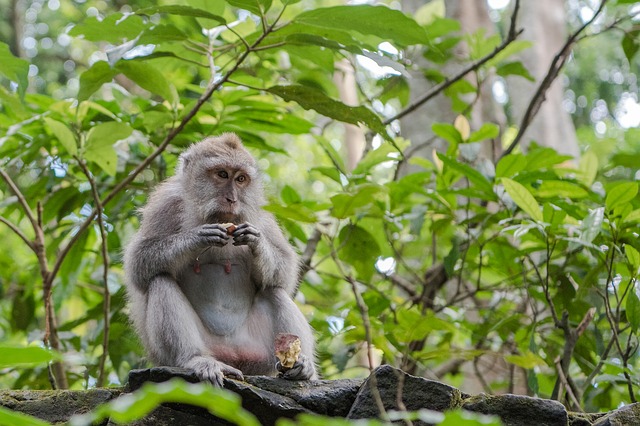
While the Global Climate Strike has begun these days around the world, we are looking at MURMURATION SAS for the growing impact of two crucial and social issues in terms of overtourism – which can be found through the case study from BALI.
Overtourism has become a crucial issue for the tourism sector. Moreover,, the effects of climate change have major issues, caused by humans and that directly affect our daily lives and the future.
We propose to counter the challenge of overtourism through the use of satellite data. Take the example of Indonesia: How a study on environmental impact could help to change the tourism sector in Bali
Bali is an Indonesian island famous for its wooded volcanic mountains, rice paddies, beaches and coral reefs. Unfortunately, it suffers from overtourism especially south of the island. Buildings are accelerating at the expense of nature and local life. and the lively tourist coasts do not benefit as much as locals in terms of economic development. the lively tourist coasts do not benefit as much as the locals in terms of economic development.

The map above gives some pointers to favor sustainable tourism, a true vector of love and peace between cultures.
The small town of Munduk offers to explore the inner region of Bali. The inhabitants of Munduk are less accustomed to crossing tourists but he remains very enthusiastic to meet and exchange with foreigners. The nature around Munduk allows beautiful breakaways. Many hiking trails start from Munduk and the surrounding hills soon become accessible. There are great walks in the forest with beautiful waterfalls and breathtaking views of rice terraces to the west of the city. Small Indonesian restaurants called “warung”, very simple and cheap, allow Indonesians and tourists to enjoy the local gastronomy. The traveler becomes an active player in his journey by choosing to go where his presence will be a source of meetings and sharing. The map above would avoid the mistakes made in the past and propose a sustainable tourism management taking into account the water needs, the establishment of the infrastructures necessary for the accommodation, and also the management of waste and transport for the benefit of local residents as well.

Indonesia is the third tropical forest in the world, even more threatened than the Amazon and regularly ravaged by the flames. Every minute is an area equivalent to six football pitches that is deforested according to the magazine Geo. The West Bali National Park is an example of preservation: 160 species of birds have been listed in the park, including the virtually extinct Bali Starling (Leucopsar rothschildi), the only endemic vertebrate species in Bali, the icon of wildlife. Bali. This is the main reason why this national park was created in 1941. In 2001, it was estimated that only six starlings would have survived in the wild, all in this park. Since then, captive breeding and reintroduction efforts have continued at a steady pace, but poaching pressures remain a major problem. With this in mind, a second reintroduction program was launched in the remote areas of Nusa Penida off Sanur Beach in 2004.